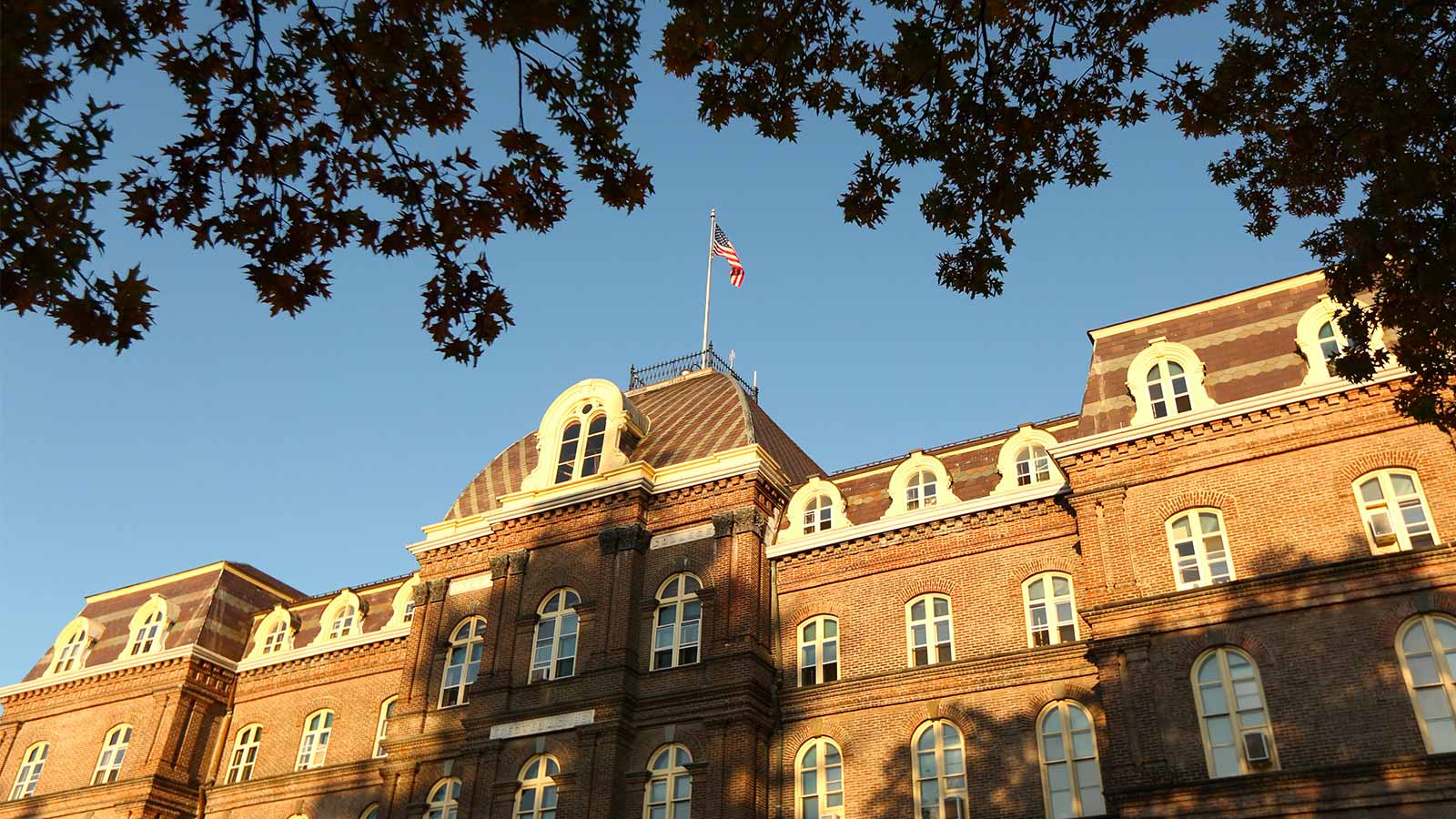Vassar Joins 180 Colleges Fighting New ICE Directive
Vassar Joins 180 Colleges Fighting New ICE Directive
Vassar has formally lent support to a legal battle against a U.S. Immigration and Customs Enforcement (ICE) directive regarding international students that President Elizabeth Bradley calls “cruel” and “inhumane.” The directive, issued July 6, seeks to expel from the country international students who need to take all of their fall classes online because of the COVID-19 pandemic.

Vassar joined 180 educational institutions in signing an amicus brief in support of a lawsuit brought by Harvard University and the Massachusetts Institute of Technology against the U.S. Department of Homeland Security to block ICE from enforcing this new policy.
“We were shocked—stunned, really,” says Bradley of the ICE announcement. “It’s just cruel from my perspective. It really is uncalled for, not very good policy, and also inhumane.”
According to the ICE directive, students who take all of their fall classes online will not be allowed to remain in or to enter the United States—even if their schools mandate remote classes for safety reasons. “Active students currently in the United States enrolled in such programs must depart the country or take other measures, such as transferring to a school with in-person instruction to remain in lawful status or potentially face immigration consequences including, but not limited to, the initiation of removal proceedings,” the directive says.
While Vassar has planned a return to campus for all students, some larger urban colleges are mandating online-only classes for some students to reduce density and promote physical distancing.
“We remain in solidarity with those colleges like Harvard and Yale that are in the middle of big cities, that are enormous, and it’s really not safe to be having in-person classes because it’s an emergency situation in this pandemic,” Bradley says.
The amicus brief, written by a consortium called the Presidents’ Alliance on Higher Education and Immigration, notes that colleges made their fall plans in good faith based on earlier assurances from ICE that “for the duration of the emergency” holders of F-1 student visas could attend classes remotely without jeopardizing their visa status.
“Institutions and students alike took ICE at its word,” the brief says. “But, on July 6, ICE blindsided the whole of higher education, substantially reversing course from the March 2020 guidance. Now, even though the emergency is as pressing as ever, ICE would mandate that F-1 visa holders whose instruction would occur only on online must leave the country.”
The brief concludes by requesting that the U.S. District Court for the District of Massachusetts “temporarily restrain and, ultimately, permanently enjoin Defendants from enforcing the July 6 directive.”
Bradley says that Vassar will remain in this fight for the long haul. “Our international students are an incredibly vibrant and important part of our college,” she says. “They’re important to the faculty, to the curriculum, to our peers—they’re important to me personally. And I plan on doing absolutely everything we can to support them, whatever shall come.”